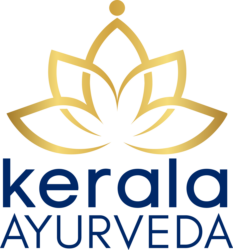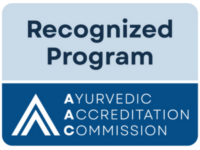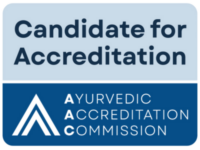Ayurvedic Clinical Specialist (ASC)
Courses > Ayurvedic Clinical Specialist (ACS)
Free informational webinar on demand
Meet our Enrollment Advisors and learn all the details of our AP program, from format to tuition.
Level III Advanced Clinical Training
Hybrid - 3 years
Advance to the highest level of Ayurvedic training available in the U.S. Students from all schools of Ayurveda are invited to join the Kerala Family, rooted in a multi-generational lineage based in Kerala, India. Our goal is to maintain the authenticity of Ayurveda in the U.S. and equip our graduates with practical toolkits for bringing this ancient science to Western audiences. The Ayurvedic Clinical Specialist (ACS) program is offered in a convenient hybrid format with online and hands-on training. Our Academy draws upon an 80-year legacy as an Ayurvedic apothecary in India with a full spectrum of clinical training resources, including a wide network of Vaidyas, production of hundreds of herbal formulations, research and development, hospitals, and award-winning healing retreat centers.
2024 early birds save $500 on tuition
- Qualified students from all schools are welcome to apply
- Based on educational curriculum from Indian universities
- Specialty areas of study available
- Hybrid format includes convenient online learning as well as hands-on training
- Internships in the U.S. and India at our award-winning hospitals
- Study with an elite roster of faculty with clinical and teaching experience in the U.S. and India
- Join an ancient Ayurvedic lineage and full spectrum Ayurvedic company with a global network of alumni, staff, faculty, and wellness providers
Contact our Admissions team to request an alert when program information is available
Please note: This program was formerly named the Ayurvedic Doctor (AD) program. Program names are designated in coordination with the standards set by the National Ayurvedic Medical Association and Ayurvedic Accreditation Commission in order to align with their level III Ayurvedic professional training membership level.
Course Information
- Schedule: November 9, 2024 - November 7, 2027
- Estimated Time: 3 Years
- Hours: 2,500 Hours
- Format: Hybrid
- In Person Location: Milpitas, CA
- Internship Locations: Milpitas, CA, U.S.; Bangalore & Cochin, India
*The Ayurvedic Clinical Specialist program is recognized by the The Ayurvedic Accreditation Commission (AAC) as meeting the requirements for graduates to sit for the National Ayurvedic Medical Association Certification Board (NAMACB) certification exam as an Ayurvedic Clinical Specialist (ACS). The AAC sets competency standards for professional Ayurvedic education.
Prerequisites
- Completion of the Ayurvedic Practitioner (AP) certification program or an equivalent level II program from another institution.
- Applicants who completed level I and level II training with other institutions: if these courses are recognized by the Ayurvedic Accreditation Commission (AAC), accepted applicants may enroll directly with existing credentials. Applicants who completed these prerequisites with other institutions whose programs are not AAC-recognized are required to submit detailed credentials including transcripts. Our Admissions team will review the documents and may advise on additional academic requirements to satisfy the prerequisites. If additional coursework is required, accepted applicants are invited to enroll under the condition that the prerequisite coursework is completed within the first year of the AD program.
- Anatomy & Physiology is required for completion of the AHC program, though it’s not required to join. Click here to learn more >
Professional possibilities

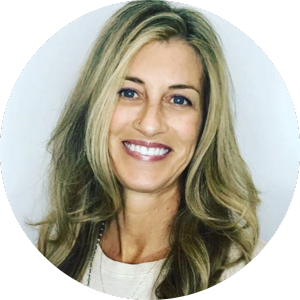
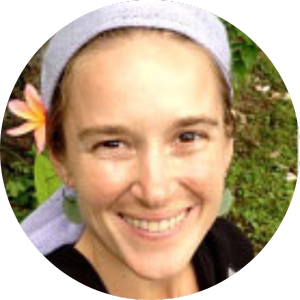
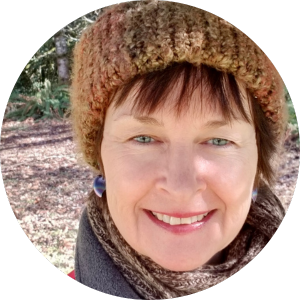
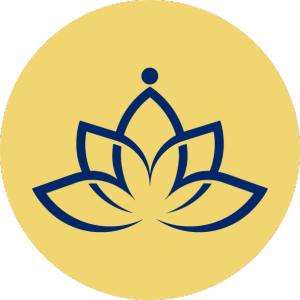

What can I do with my Ayurvedic Clinical Specialist certificate?
- Enhance your Ayurvedic practice to support clients in health prevention and disease management. The level III certification is designed for implementing clinical Ayurveda.
- Create an integrative practice. Many of our successful graduates include Medical Doctors, Nurse Practitioners and other allopathic health providers who combine Ayurveda with their existing licenses.
- Enhance your existing wellness modality by incorporating clinical Ayurveda with Yoga, Massage Therapy, Naturopathy, Chinese Medicine and more.
- Get involved in Ayurvedic research projects. The National Center for Complementary and Integrative Health funds many research projects in holistic healthcare. This program includes specialty clinical research and may support students in exploring ancient alternative approaches in groundbreaking modern approaches.
For more detail, please see the complete Scope of Practice: Ayurvedic Clinical Specialist.
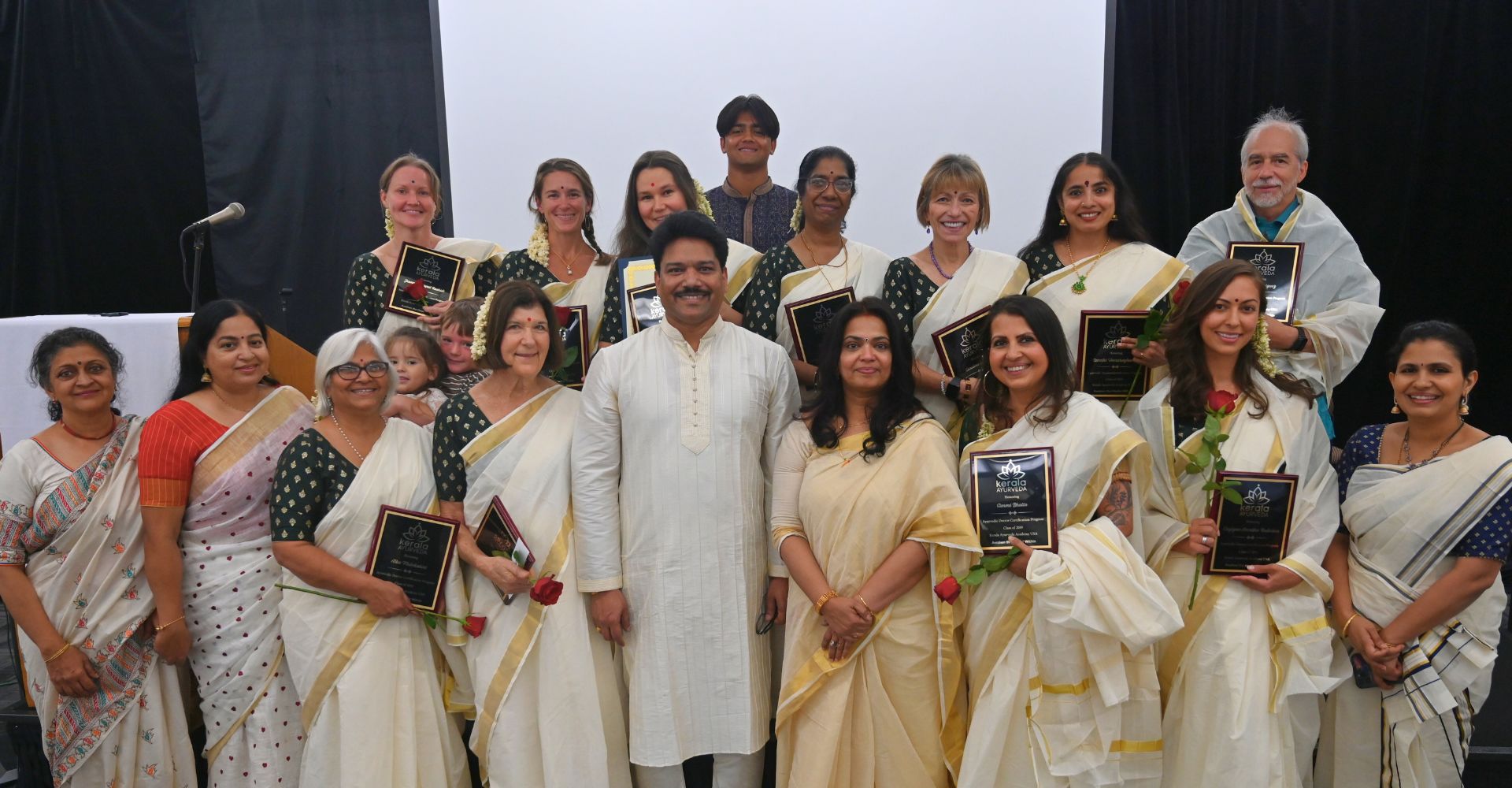
Schedule & Format
The Ayurvedic Clinical Specialist program is designed to be completed in 3 years and includes a combination of in person and virtual studies. Students may complete online recorded lectures and assignments at their own pace, following an in-depth clinical curriculum that supports their live class training. All students are required to attend maximum in person hours for meeting AAC requirements.
Components
Master Program
3-Day Weekend Intensives – in person or live streamed
Panchakarma Practicums – in person
Saturday Virtual Classes – live streamed
Mentoring Sessions – live streamed
Allied Programs
3-Day Workshop Weekend Intensives – in person or live streamed
Weekday Evening Series – live streamed
Recorded Series – elearning: self-paced
In Person Experiential Programs
Clinical Internships – in person
Doctor Residency – in person
Specialty Internship – in person
Externship – in person
Assignments
Dissertation – self-paced
Clinical Encounters – in person
Online Recorded Lectures – elearning: self-paced
Assignments – elearning: self-paced
Schedule
Next session begins November 9, 2024
The Ayurvedic Clinical Specialist program includes live training, some which requires in person attendance, and some which can be taken entirely online. We strive to set up all live sessions during evenings, weekends, and in condensed intensives for your convenience. Please consult the detailed schedule for the upcoming session’s class dates.
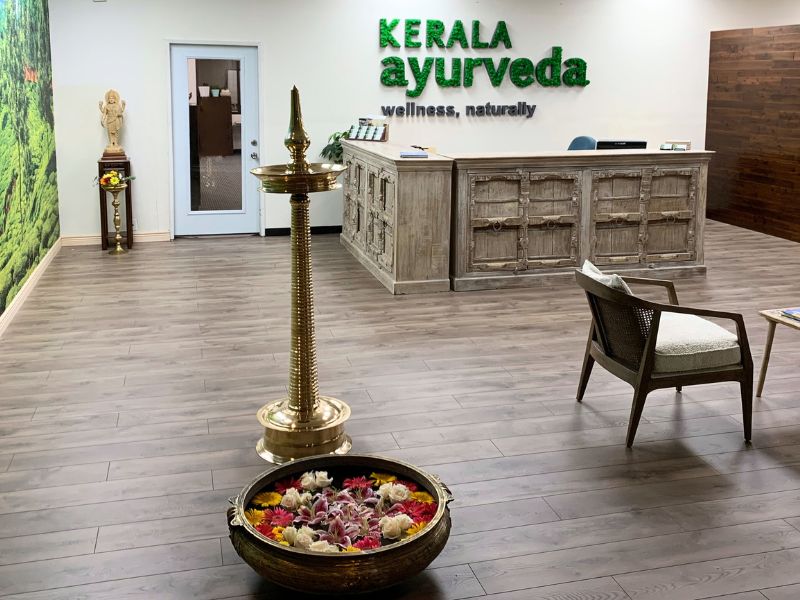
Our U.S. Academy & Wellness Center
In person classes are offered at our flagship U.S. Academy and Wellness Center located in the heart of Silicon Valley, nestled between the golden-green East Bay Hills, majestic Santa Cruz Mountains and beautiful San Francisco Bay.
The Kerala Ayurveda office is located on the second floor and includes a spacious classroom for lectures, conference room, consultation and Panchakarma rooms, Wellness lounge for our clients and Panchakarma kitchen/restrooms for treatment use. Our building offers additional conference and auditorium spaces.
Amenities include free wifi, tea and spring water station, break room and ample parking space. The center is located near several hotels, restaurants and shopping centers, with widely available ride sharing options. Nearby airports include: San Jose International (SJC), San Francisco International (SFO) and Oakland International (OAK). Our Student Support team can provide more information and local guidance for planning your visit.
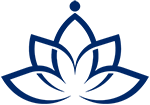
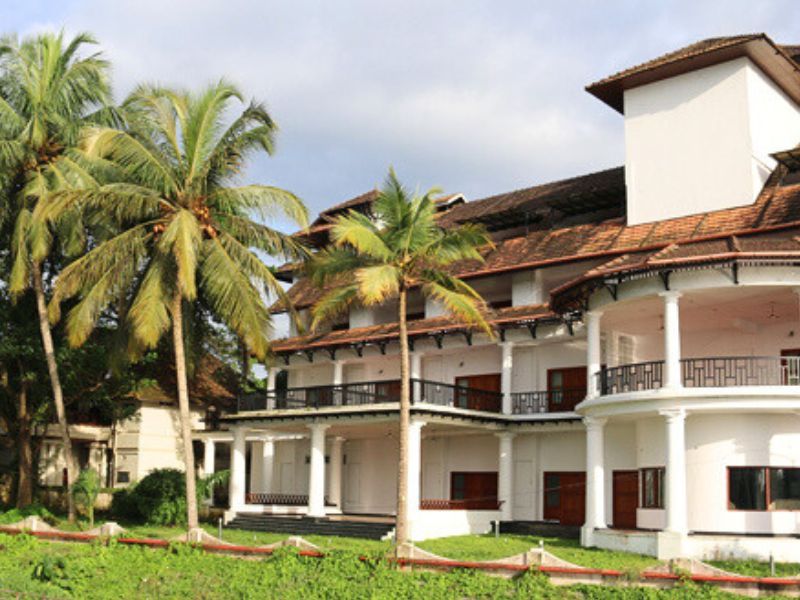

Award-winning India hospitals
Study in the birthplace of Ayurveda! Ayurvedic Clinical Specialists are required to complete a portion of their in person education hours training under our Vaidyas at Kerala Ayurveda's facilities in India. This is an exciting part of the educational training journey with rich clinical experience, as well as an opportunity to witness how Ayurveda is practiced as a fully-fledged licensed healthcare system.
The Health Village in Cochin, Kerala, India is situated along the picturesque Periyar River, the same river where Kerala Ayurveda's founder began his apothecary practice. The facility offers leading health and rejuvenation programs and is equipped with guest rooms, on-call Ayurvedic doctors and nurses, a yoga and meditation hall, Panchakarma treatment rooms, and a restaurant serving Ayurvedic, vegetarian meals. Additional amenities include a library, free low-band wifi, information desk, and currency exchange.






Live streaming technology
We introduced live streaming technology to our Ayurvedic education in 2015. Our classes are currently conducted using Zoom and provide students an opportunity to study live and interact with faculty. Zoom can be accessed on mobile, tablets, laptops and desktop devices. Class moderators support our larger class sessions to provide a smooth technical experience. All live streamed classes are recorded for later viewing in our elearning system.




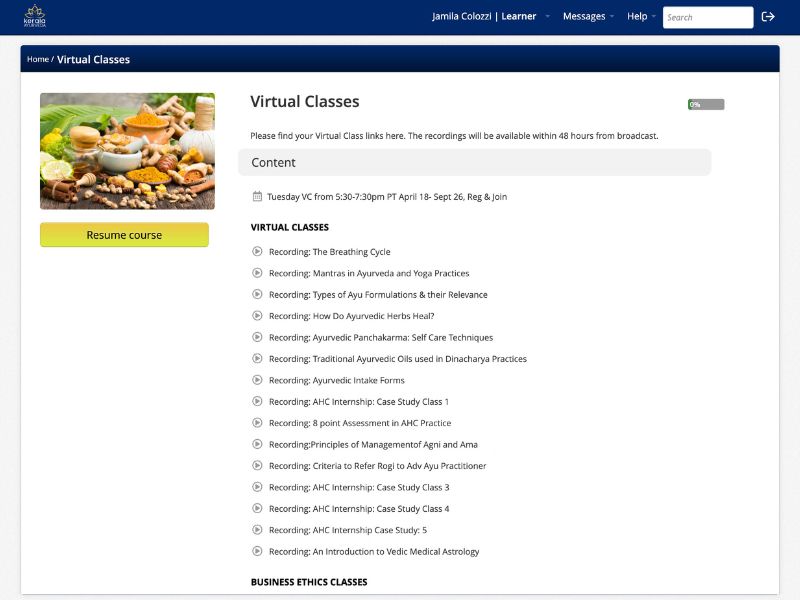

Elearning
Our courses are powered by a robust elearning system that connects our global community of students and faculty. The elearning portal is where students may access all of their course information, materials and curriculum, including: course syllabus, schedule, coursed manual PDFs, class slide decks, class notes and links to live streaming class sessions. The elearning portal is also where tests and assignments are conducted, and students may submit questions.
Curriculum
The Ayurvedic Clinical Specialist curriculum provides advanced clinical study in the foundations of Ayurvedic theory and practice. The program features a comprehensive curriculum designed to provide the student with in-depth knowledge and understanding of the philosophy, principles, theory, and practical application of Ayurvedic disease management. The course aligns with classical Ayurvedic texts, offering an authentic education in the traditional Vedic system of knowledge, with a perspective from conventional medicine so Ayurvedic Clinical Specialiast graduates may interface with the Western medical community as needed.
At this level, students are taught and trained in clinical assessment with a comparable scope of practice to the level II practitioner. This includes the disease process, the pathways of disease and management protocols in various stages of disease. With guided references to Ayurvedic texts, presentations, case studies, hands-on internship and mentorship, students gain confidence and consistency in thoroughly understanding the etiological factors which contribute to any disease. With this knowledge, they will become skilled independent professionals adept at creating management plans for different stages of disorders.
For more information about the curriculum, please consult the course catalog.
Topics


Ayurvedic Etiopathogenesis
Deepen your understanding of the Ayurvedic disease pathology. Study assessment methods to determine and differentiate various stages of the body-mind imbalances so you can gain confidence to support the most advanced cases.
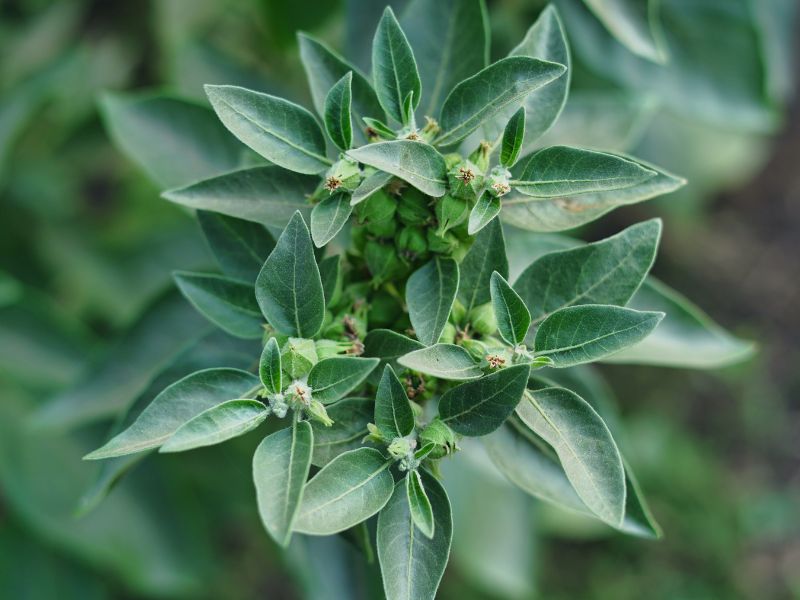

Ayurvedic Materia Medica
Explore the natural healing ingredients with their classification and energetics. You'll study raw materials from plant, mineral, metallic and plant origins, their shelf-life, properties, and therapeutic uses.
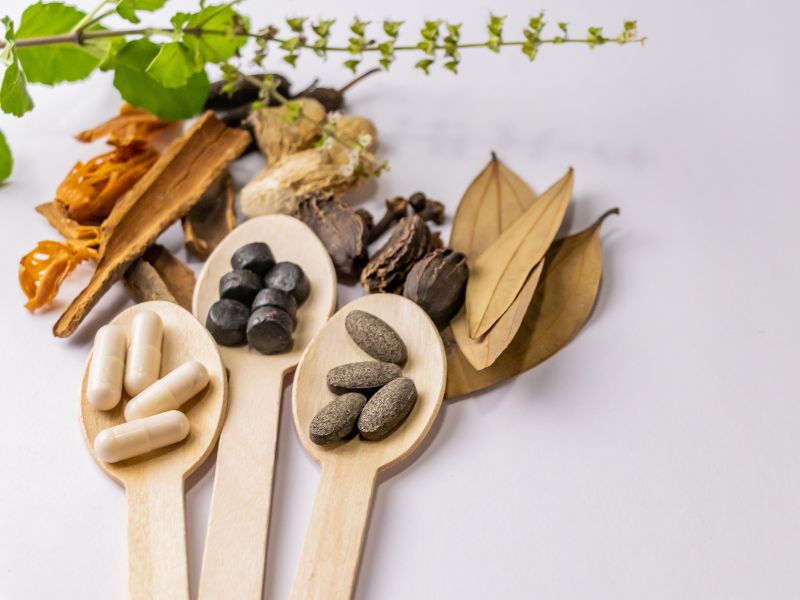

Ayurvedic Pharmaceutics, Herbs and Formulations
According to the Ashtanga Hridayam, 25% of a practitioner's approach is based on proper application of Ayurvedic herbs and formulations for a clinical case. You'll study Ayurvedic herbs through a combination of live and recorded instructional materials to help you gain confidence in recommending herbal formulations.
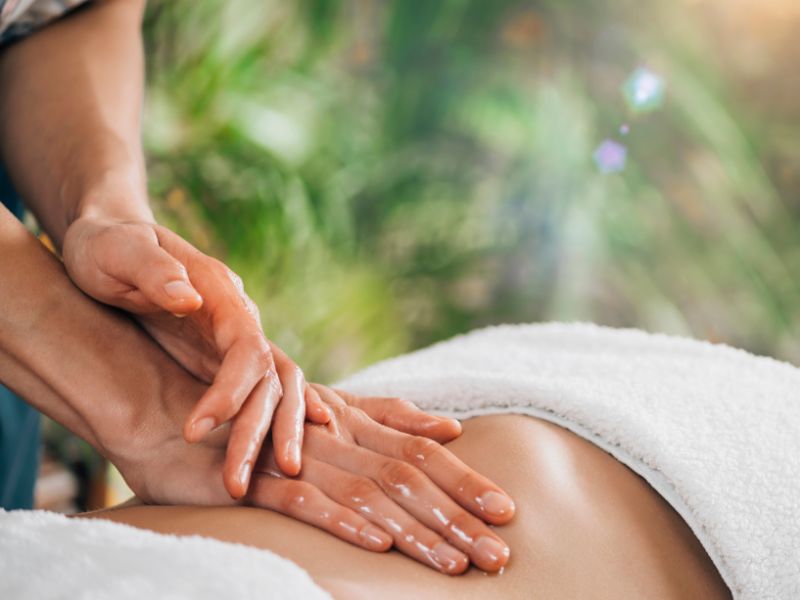

Advanced Ayurvedic Purification and Panchakarma
Designing detoxification and Panchakarma programs is a hallmark of the Ayurvedic provider's role for supporting their clients with the deepest healing. In a combination of lectures and hands-on practicums, you'll learn the traditional methods of Ayurvedic purification.
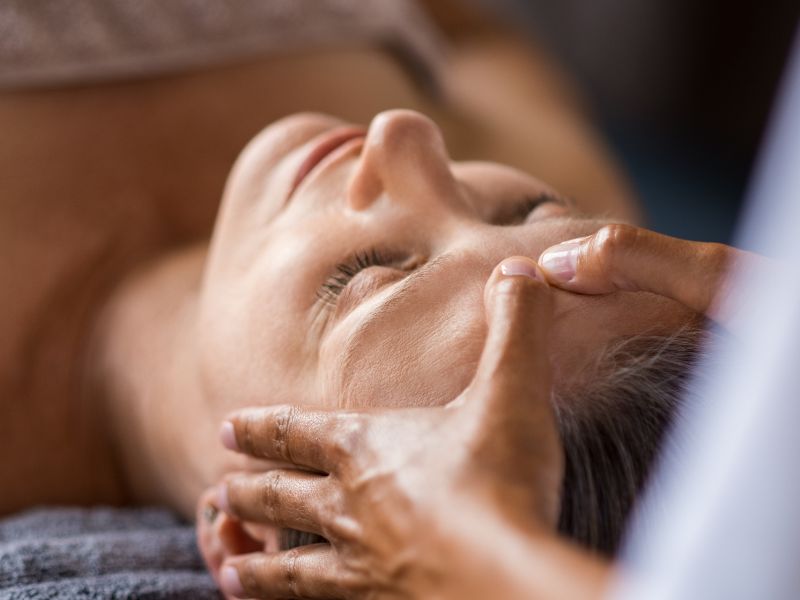

Clinical Management of the Srotases and Common Diseases
Explore clinical management of all the Srotases step-by-step, Immunological and Environmental Diseases, Pregnancy and Childbirth, Pediatric Health, Eye, Ear, Nose, Throat and Oral Disease, Injuries, Kshara Karma, Agnikarma and Marma Chikitsa.
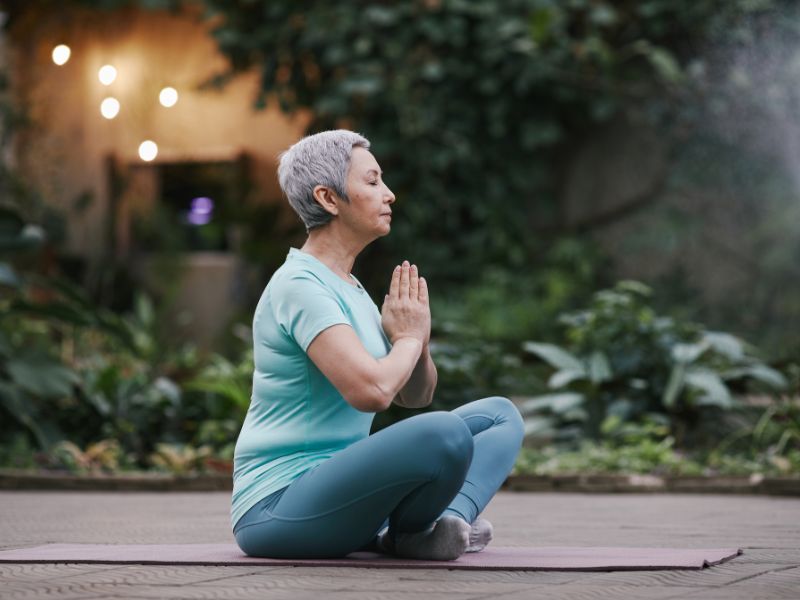

Yoga in Clinical Applications
Learn the applications of the combined "sister sciences," including Yoga Therapy and the therapeutic effects of Yogic practice on many common diseases, such as diabetes, obesity, asthma, irritable bowel syndrome, depression, cancer and more.


Rejuvenation and Regeneration
Study the concept of regeneration, rejuvenation and anti-aging concepts based on Ayurvedic science. You'll explore how rasayana is incorporated in immunocompromised diseases like, HIV/AIDS, tuberculosis, cancer, geriatric and terminal care.


Ayurvedic Toxicology, Medical Ethics and Medico Legal Regulations
Learn the Ayurvedic approach to identifying and managing the complications of poisoning, ethics in Ayurvedic practice and the regulations influencing the Ayurvedic practice in the U.S.


Clinical Speciality & Dissertation
Students may choose a Clinical Specialty for their Disseration focus: Kayachikitsa: Ayurvedic General Medicine, Manasaroga: Ayurvedic Psychiatry, Streeroga and Prasooti Tantra: Women’s Health Digestive and Metabolic Disorders.
Need more information?
Faculty
Kerala Ayurveda Academy offers a premier faculty lineup including Ayurvedic doctors and practitioners with vast clinical expertise in both India and the U.S. They are accomplished researchers, educators and speakers, and are passionate supporters of spreading the wisdom of Ayurveda to health seekers and professionals in training.
For more information about our Faculty, please visit our Faculty page.
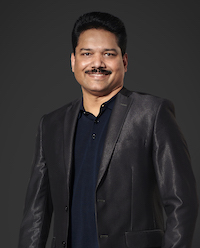

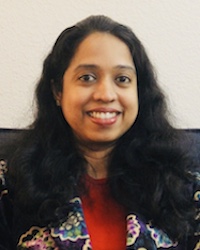

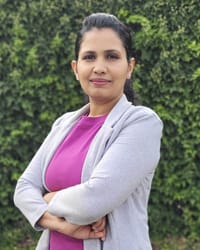

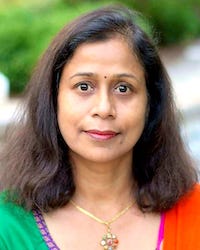

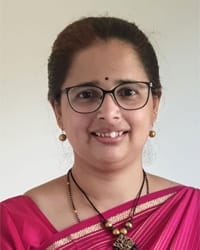

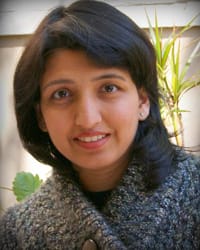

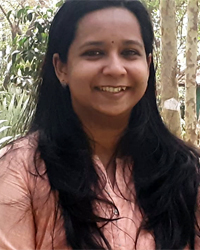

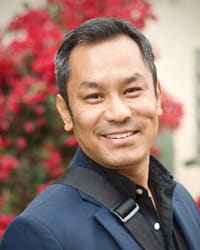

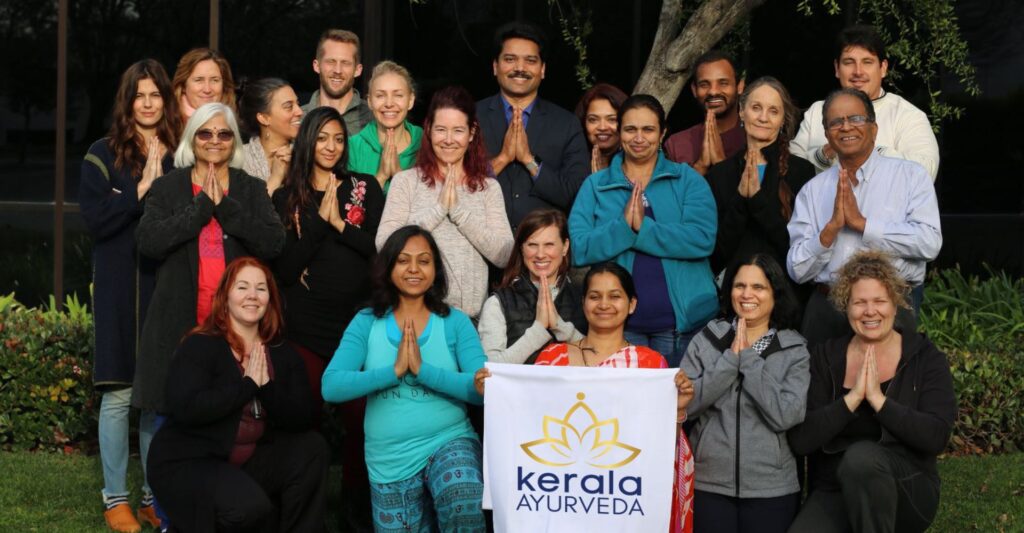

Our students are for life
Student and alumni benefits
- MENTORING: Student Mentors available for enrolled students to support your learning journey. Our skilled mentors are trained and certified Ayurvedic practitioners who all love Ayurveda as much as they enjoy guiding others in learning it.
- COURSE SUPPORT: Our Student Support Services team is available anytime to assist with course administration, tuition management and planning your visits to our centers.
- EDUCATIONAL PLANNING: Enrollment Advisors on our Admissions team are available for 1-on-1 coaching to plan your Ayurvedic educational journey and support you in reaching your personal goals.
- ALUMNI DATABASE LISTING: Graduates are eligible to be listed in our online alumni database. Connect with your Ayurvedic peers and be part of a searchable database for health seekers to find Ayurvedic professionals!
- DISCOUNTS on Kerala Ayurveda courses, products and services.
Frequently Asked Questions
- The federal or state government or a loan guarantee agency may take action against the student, including applying any income tax refund to which the person is entitled to reduce the balance owed on the loan.
- The student may not be eligible for any other federal student financial aid at another institution or other government assistance until the loan is repaid.
- The level I Ayurvedic Health Counselor (AHC) program is 600-692 hours.
- AHC is a prerequisite for the level II Ayurvedic Practitioner (AP) program, which is 910 hours.
- AP is a prerequisite for the level III Ayurvedic Clinical Specialist (ACS) program, which is 2,500 hours.
- Holistic Ayurvedic Coach (HAC) offers All Online and Hybrid Tracks. HAC can be taken entirely online. In person attendance is optional.
- Ayurvedic Health Counselor (AHC) offers All Online, Hybrid and AAC Tracks.
- In person attendance is optional to complete the All Online and Hybrid Formats.
- The AAC Track is required to qualify to sit for the National Ayurvedic Medical Association Certification Board (NAMACB) certification exam as an Ayurvedic Health Counselor (AHC). The National Ayurvedic Medical Association (NAMA) sets competency standards for professional Ayurvedic education. All Online & Hybrid students may transition to the AAC Track with additional in person training hours, at an additional cost.
- Ayurvedic Practitioner and Ayurvedic Clinical Specialist (ACS) certification programs require partial in person attendance. They cannot be taken entirely online.
- For all of our Training Porgrams, students are required to possess a high school diploma or equivalent.
- Holistic Ayurvedic Coach (HAC) and Ayurvedic Health Counselor (AHC) certification programs: no licenses or certifications in any field are required.
- Ayurvedic Practitioner (AP) requires an Ayurvedic Health Counselor (AHC) certificate or equivalent.
- Ayurvedic Clinical Specialist (ACS) requires a Bachelor's Degree or equivalent.
- Ayurvedic Health Counselor (AHC), Ayurvedic Practitioner (AP), and Ayurvedic Clinical Specialist (ACS) all require Anatomy & Physiology as a corequisite. This means that the A&P requirement can be fulfilled during the course and must be completed prior to completion to meet the graduation requirements. Learn more about the Anatomy & Physiology requirements here.
